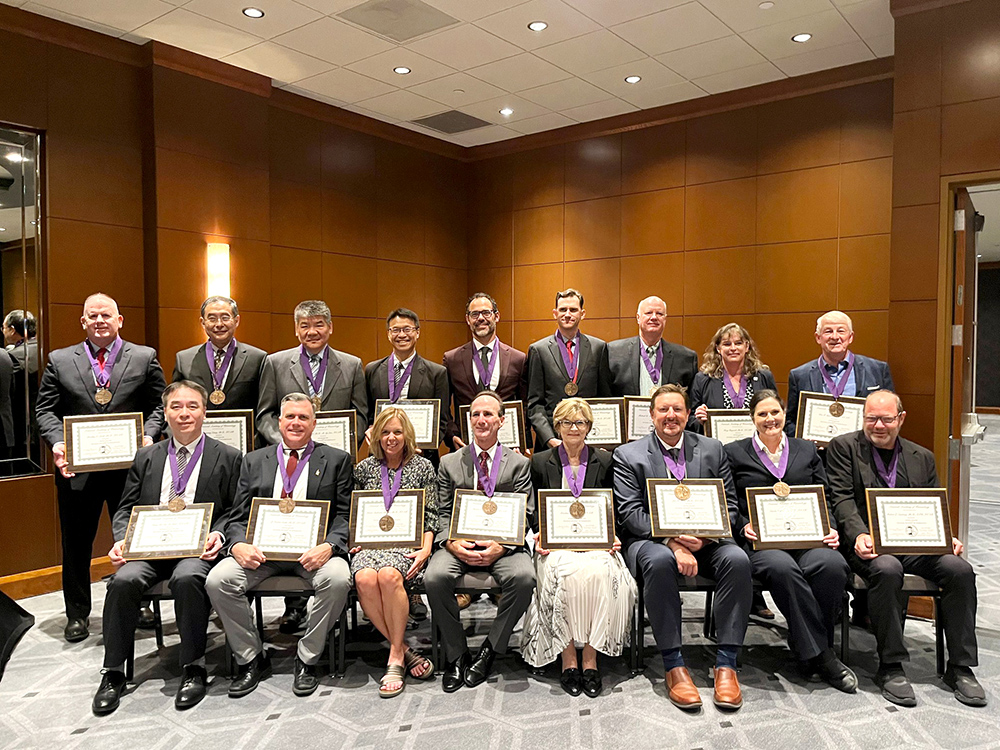
Prof. Tung-Wu Lu elected US National Academy of Kinesiology Fellow
瀏覽器版本過舊,或未開啟 javascript
請(qǐng)更新瀏覽器或啟用 javascript
Spotlights
Fish species examined in Prof. Hsieh’s collaborative research on the causal link between interaction networks and community stability.
Figure 1. Based on the empirical time series data collected from the natural fish community in the Maizuru Bay, Japan (a), empirical dynamic modeling (EDM) was used to reconstruct the interaction network among fish species at each time step (b). The structure of the networks is highly dynamical, in which some of the important network properties, including (c) mean interaction strength and dynamic stability, fluctuated through time. In particular, the dynamic stability is a critical index measuring the tendency of a dynamical system returning to its original state upon perturbation. Interestingly, the networks with many weak interactions and high diversity usually facilitate dynamic stability. (Fish photo credit: Reiji Masuda)
Prof. Chih-hao Hsieh (謝志豪) from the NTU Institute of Oceanography and PhD student Chun-Wei Chang (張俊偉) from Academia Sinica, together with an international research team, developed a novel analytical method to construct the time-varying interaction networks and examine the causal link between the dynamical interaction network and community stability. This study, published in Nature (Feb. 7, 2018), provides empirical evidence supporting long-lasting ecological theory, using data from natural ecosystems.
Although there have been experimental backup for the ecological theory explaining the mechanisms underlying community stability, evidence from natural ecosystems was lacking owing to the challenges of tracking rapid changes in interspecific interactions and identifying the effect of such changes on large-scale community dynamics.
To test the current ecological theory, the team analyzes time series of a 12-year-long dataset of fortnightly collected observations on a natural marine fish community in Maizuru Bay, Japan and observes that short-term changes in interaction networks influence overall community dynamics. They show that the strengths, and even types, of interactions change with time; that is, the interaction network is dynamical but not static (Figure 1). Moreover, the dynamical pattern of the network critically affects the stability of the community through time. Specifically, the team finds seasonal patterns in dynamic stability for this fish community that broadly support the expectations of the current ecological theory—that is, the dominance of weak interactions and higher species diversity during summer months are associated with higher dynamic stability and smaller population fluctuations.
By developing the widely applicable nonlinear time series analytical framework, the team finds that interspecific interactions, community network structures, and community stability are dynamic properties, and that linking fluctuating interaction networks to community-level dynamic properties is key to understanding the maintenance of ecological communities in nature. Those understandings have important implications for ecosystem managements and conservation. Most excitingly, relating fluctuating interaction networks to community stability provides a promising approach to comprehend how to maintain natural ecological communities systematically. The research also highlights the importance of long-term time series monitoring for ecosystem managements.
Reference:
“Fluctuating interaction network and time-varying stability of a natural fish community ” Nature, 554: 360-363. Feb. 7, 2018.

Prof. Tung-Wu Lu elected US National Academy of Kinesiology Fellow
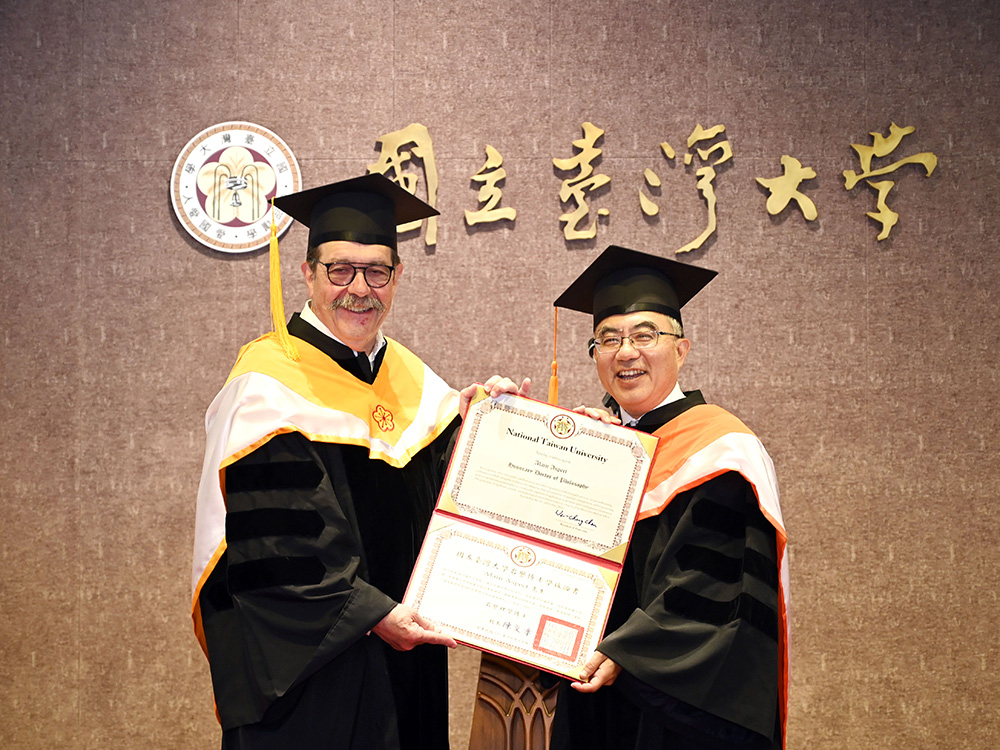
Nobel Laureate Alain Aspect awarded “NTU Honorary Doctorate” and “Raymond Soong Chair Professorship of Distinguished Research”
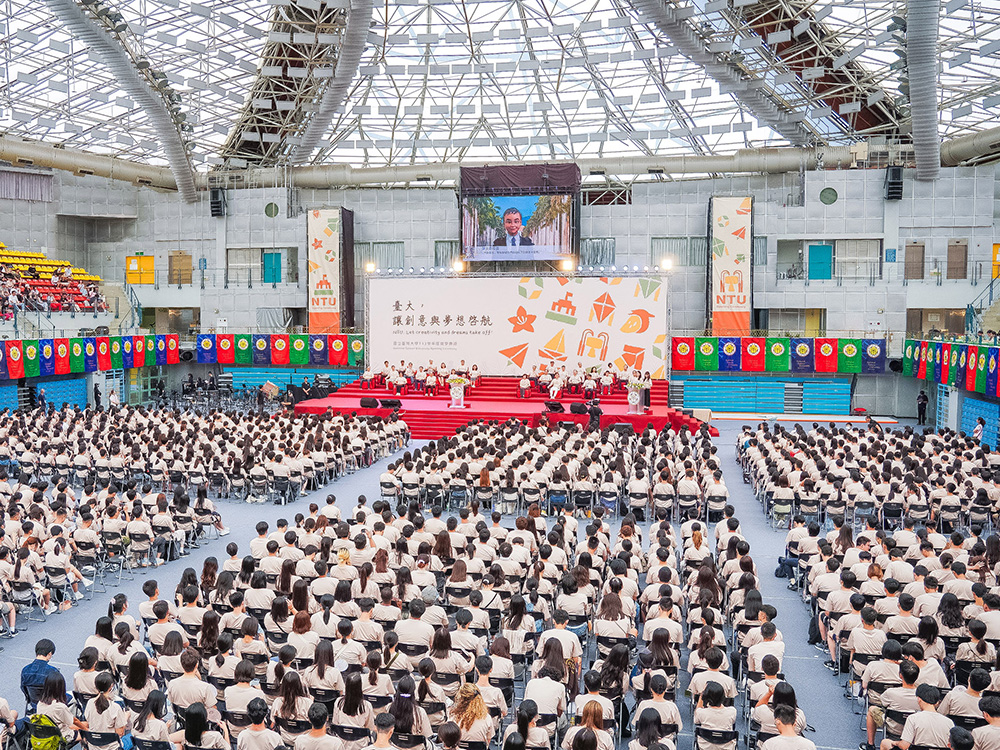
NTU Opening Ceremony: “Where Creativity and Dreams Take Flight”
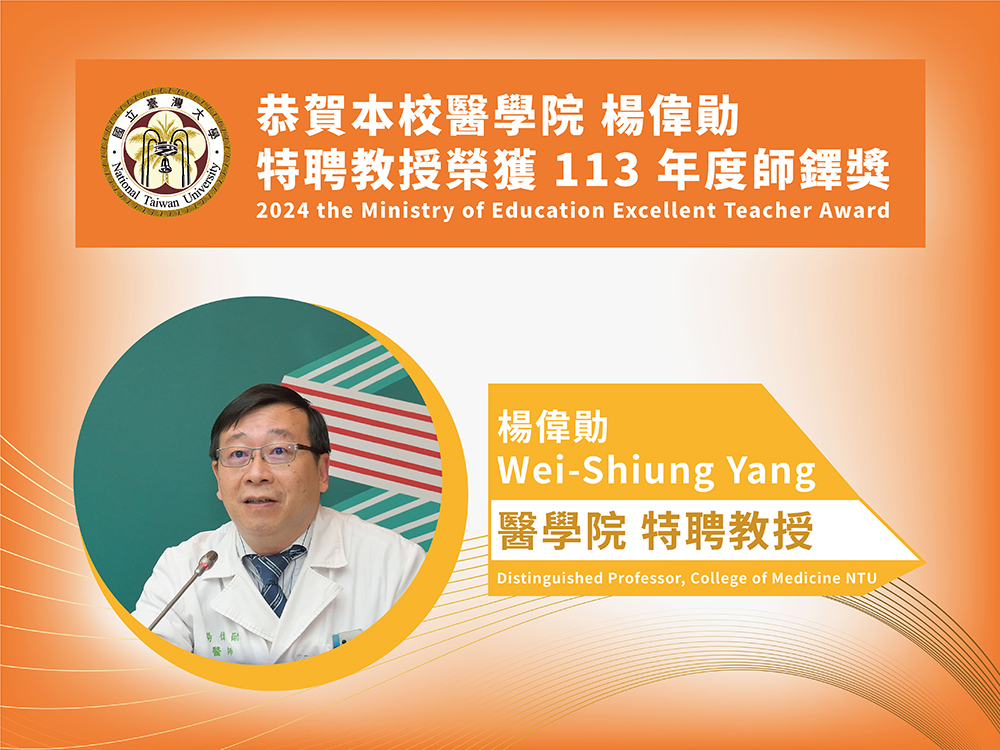
Prof. Wei-Shiung Yang wins MOE National Excellent Teacher Award
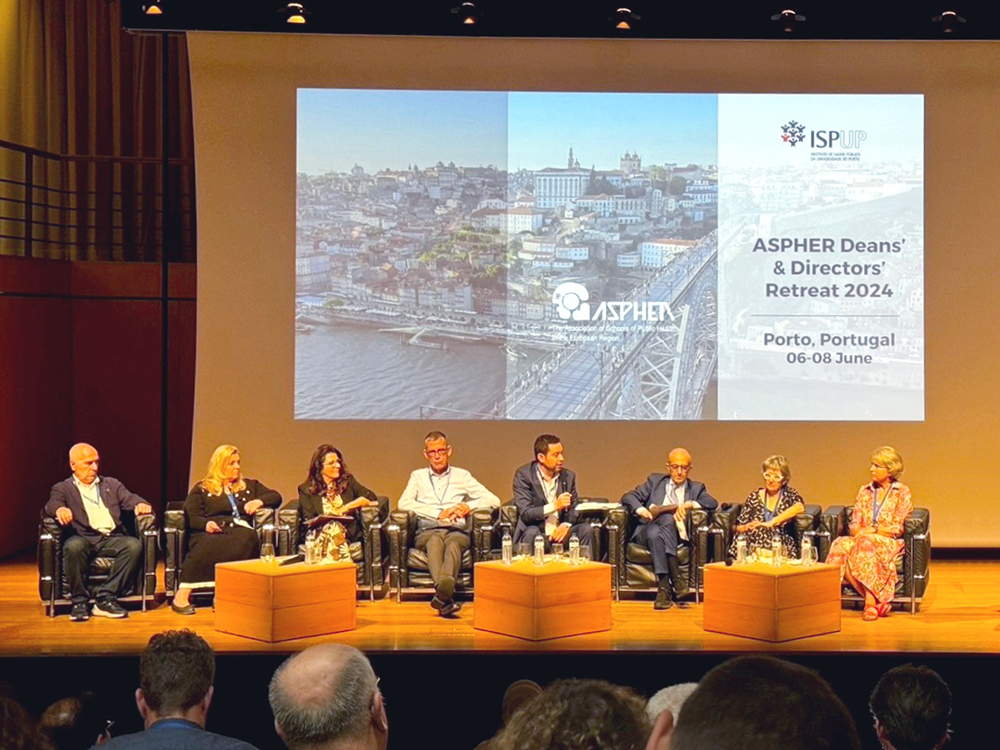
NTU College of Public Health's Global Health Program Joins the Association of Schools of Public Health in the European Region
Current Spotlights

Prof. Tung-Wu Lu elected US National Academy of Kinesiology Fellow

Nobel Laureate Alain Aspect awarded “NTU Honorary Doctorate” and “Raymond Soong Chair Professorship of Distinguished Research”

NTU Opening Ceremony: “Where Creativity and Dreams Take Flight”

Prof. Wei-Shiung Yang wins MOE National Excellent Teacher Award

NTU College of Public Health's Global Health Program Joins the Association of Schools of Public Health in the European Region